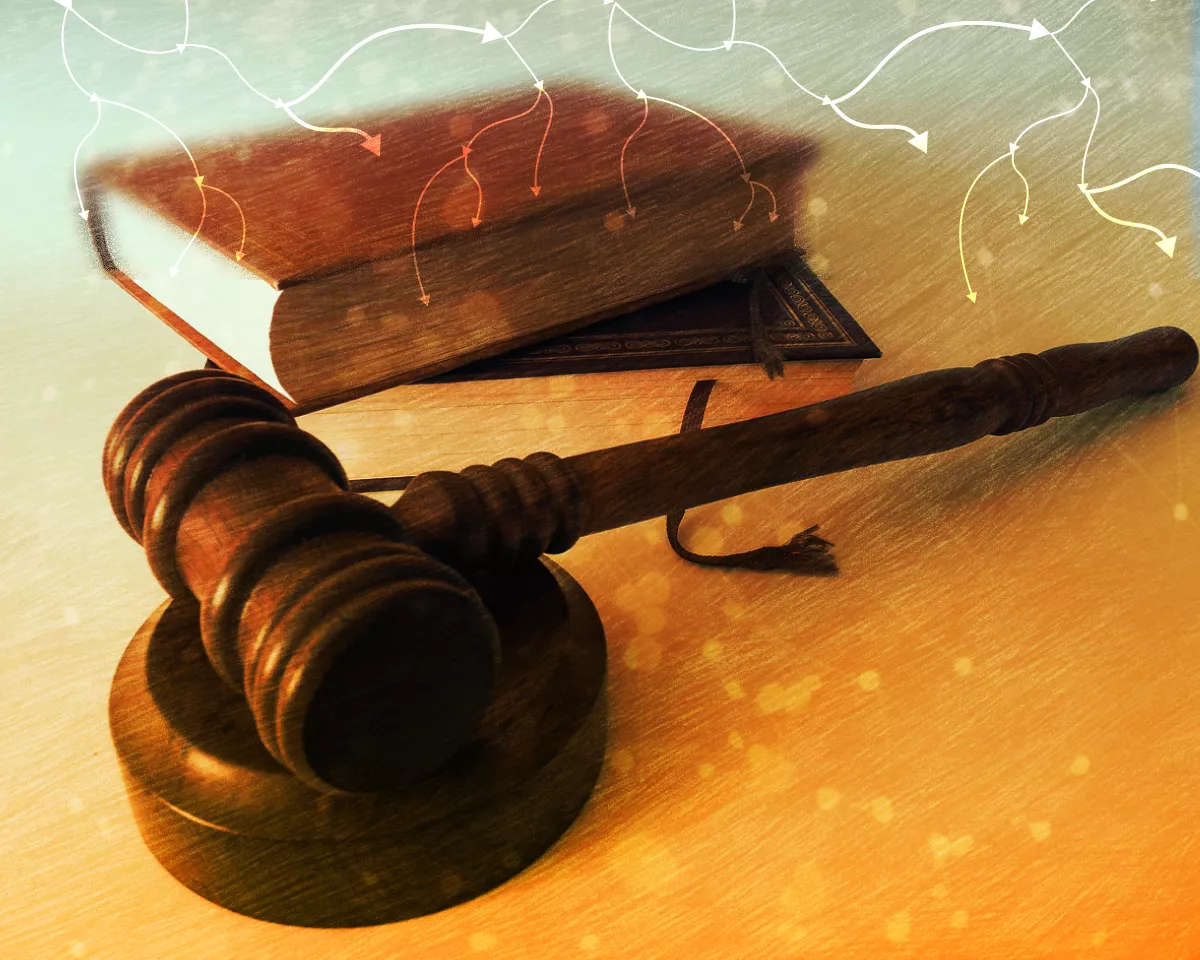
On November 27th, Ethereum creator Vitalik Buterin published a lengthy blog explaining his new philosophy of “techno-optimism.” It’s called “d/acc,” where the “d” stands for decentralization, defense, and differentiation, and “/acc” is an abbreviation for “acceleration” (currently trending on social media). ).
Accelerationism has long been a source of concern for those in tech rush (an antipathy towards big tech companies), but it is also an academic concept (originally used to describe how science, reason, and technology have driven progress throughout history). It has evolved from the laboratory and now essentially means “I am positive about technology.”
between optimism and pessimism
Ever the thoughtful Mr. Buterin finds a middle ground between technological optimism and pessimism, saying that broadly speaking technology is good, but some technologies are better than others, and some technologies have real negative consequences. It is argued that it can be.
Camila Russo of DeFi (decentralized finance) website The Defiant has already given a great summary:
“Buterin’s d/acc philosophy advocates for a prudent and balanced path in technology development, focusing on technologies that ensure protection, decentralization, and human flourishing.”
“The concept emerges as a counterbalance to the unbridled technological optimism advocated by figures like Marc Andreessen, and challenges the e/ac (effective acceleration) movement.”
Rebuttal to Mr. Andreessen
In fact, Buterin is the founder of the highly influential VC firm Andreessen Horowitz (a16z), the creator of Netscape, the world’s first browser, and last month’s “Techno-Optimist Manifesto.” He has clearly acknowledged that he is contradicting Mr. Andreessen, who has generated a great deal of attention and attention after releasing his “Manifesto”.
Andreessen has a lot to say about technology and markets, both of which he agrees with. Part of his manifesto could be presented at a poetry slam, an event in which people compete in poetry readings and performances. It’s extremely cliche and a bit repetitive (for example, the section on “abundance is good” is similar to the section before it that says it would be better for humans to have more “energy” in order to create and enjoy things). (Can’t you guess from the description?)
But I’m not a billionaire, so I don’t think I’m in a position to make such a judgment.
Importantly, technology optimists like Andreessen believe that technology is a lever for the world, a way to make more with less. In other words, technologies such as AI (artificial intelligence), nuclear power, and markets should be free. Competition brings about progress because competition increases options and is like an evolutionary process.
Buterin seems to believe many of these ideas. But Mr. Buterin is smart enough not to immediately refute his own ideas by mentioning controversial accelerationist mogul Nick Land.
The naysayers probably also believe in “slowdown” and “degrowth” – slowing down technology and pocket-sizing the economy. For Andreessen, such ideas are “the enemy.”
Technology risks
Mr. Andreessen has many enemies, including Malthus, who falsely predicted that overpopulation would destroy England because he lacked the foresight to imagine such advances as the Industrial Revolution and chemical fertilizers in agriculture. does not take into account that technology can sometimes be humanity’s enemy.
As far as I can tell, Andreessen has never mentioned that technology sometimes poses risks, both small and large, like microplastics and global warming. That’s a shame. He spends a lot of time thinking about children, who are the future, but children cannot be responsible for the future if they are exposed to risks. Thankfully, this is where Buterin comes into play.
As mentioned above, Buterin is acutely aware that digital technologies can be used to impose control, erode privacy, and foster authoritarianism. Buterin considers how industrial factory farming could cause pandemics in the future, considering that animal diseases like measles often infect humans. He also spends a lot of time talking about the hot topic of the risks of rogue AI.
“Intentional steering” of technology
This is good. Buterin also spent a lot of time thinking deeper into reality, considering things like brain-computer interfaces, self-administered open source vaccines and nebulizers, and DAOs (decentralized autonomous organizations). This is because you are spending . Everyone needs medicine at some point, but technology can give or take away. It’s better to think of the bad things as well as the good things.
Both Andreessen and Buterin know that technology is often linked to human prosperity. Because the signs that technology is leading to human prosperity are everywhere. Because humanity is good, technology is good and should be pursued. The difference is that Buterin acknowledges that this progress will not be a straight line.
Buterin also calls for more collaboration and what Russo calls “intentional steering” of technology. On the other hand, Mr. Andreessen seems to be implying that “great people make history” and that technology is a force that springs from the mysterious depths of human ingenuity.
There is merit in both ideas, and whether you prioritize social cohesion or total change depends on your point of view.
Technology that makes the present better
Similarly, both philosophies came under heavy criticism a few years ago for asserting in his book Enlightenment Now that technology and reason have made the world better over time. Inspired by psychologist Steven Pinker. In other words, there is still room for further manifestos.
Surely there’s a lot more to be said about “progress” when two manifestos are published saying essentially the same thing, repeating a book from a few years ago that plucked the best ideas from Hegel, who lived in the 1800s. do not have. All it takes is a little tweaking. Just give a globalized perspective and discuss memetics. I will wait for the manifestation of your mind.
Mr. Buterin is an advocate of many ideas, including libertarianism, effective altruism, solarpunk (a philosophy that aims for a sustainable future that is interconnected with nature and community), and Lunapunk (a philosophy that emphasizes the individual and spirituality over solarpunk). Although it does a good job of explaining how “d/acc” fits well under a political system, “d/acc” is still a system with perspectives. In other words, like any theory, Buterin’s is incomplete and open to refutation.
For example, both Andreessen and Buterin inherently believe that this is not the best possible world. Because technology can always improve the current situation. This is a great opinion!
But, young Voltaire, what if you think this is the best possible world? Will technology improve the best possible world? Is humanity going backwards? Am I indirectly trying to inspire the next Theodore Kaczynski?
You decide that. Because everyone needs a manifesto!
|Translation and editing: Akiko Yamaguchi, Takayuki Masuda
|Image: Vitalik Buterin (TechCrunch/Wikimeda Commons, modified by CoinDesk)
|Original text: Everyone Needs a Manifesto
The post Mr. Buterin publishes a long blog on “Technology Optimism” – Is this the best world? Can it be further improved? | CoinDesk JAPAN appeared first on Our Bitcoin News.

 1 year ago
97
1 year ago
97














 English (US) ·
English (US) ·